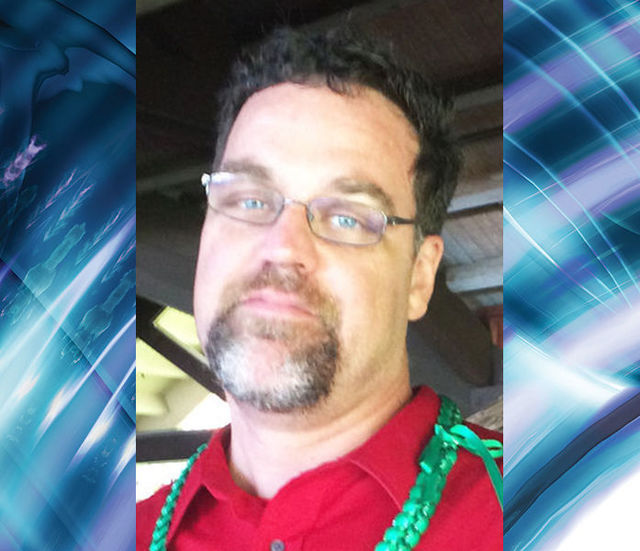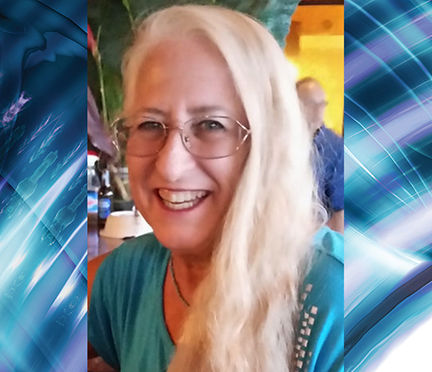WAILUA — Saving money and conserving energy are two priorities for Dale Rosenfeld, and recently the Kauai resident found a way to save $62 per month on her utility bills. That’s because she took advantage of the new Pono Home
WAILUA — Saving money and conserving energy are two priorities for Dale Rosenfeld, and recently the Kauai resident found a way to save $62 per month on her utility bills.
That’s because she took advantage of the new Pono Home pilot program, offered by Kauai Island Utility Company in conjunction with the County of Kauai, through Kanu Hawaii.
“I’m super energy efficient, I turn everything off, and everyone in the house uses the washer and dryer during daylight hours so we’re using PV (photovoltacs) not oil for electricity,” Rosenfeld said. “I’m consciously doing as much as I can, but this is a wonderful opportunity to add to my energy efficiency.”
Rosenfeld was number 10 on the list of about 150 spots in the pilot program, through which Pono Home switches out CFL light bulbs for LED bulbs, installs SMART power strips, and upgrades water fixtures for people over the age of 62 or those who qualify as low income.
“So what we do is big picture stuff, the most impactful things that increases efficiency, and we do education as well,” said Scott Cooney, owner of Pono Homes on Oahu. “We also do a little preventative maintenance to reduce fire hazards.”
Pono Homes has a 200-point checklist for their private sector customers which includes snaking dryer vents, optimizing water heaters and timers, checking appliances, and other details around the house that can slip between the cracks.
The idea took root last year when Kauai County’s sustainability coordinator Ben Sullivan and Cooney met at the Energy Excelerator event on Oahu and began talking efficiency.
“Because of Kauai’s high housing costs, the county always looks for any and all means to help reduce the cost of living, especially for low-income residents,” Sullivan said.
So the Office of Economic Development provided a $10,000 grant to Kanu Hawaii for the Pono Home pilot program and the Housing Agency notified their clients of the program.
KIUC jumped on board as well because the two entitles have a memorandum of understanding to find innovative ways to work together to encourage energy efficiency and help people reduce utility bills.
The county and KIUC are splitting the costs for the program, said KIUC’s Shelly Paik.
“It’s great that our members are taking advantage of the Pono Home Program,” she said.
The Pono Home pilot program began last Monday and is expected to run four to six weeks, but there is a chance the program could continue, if there’s enough interest and money to keep it going.
“The decision to fund the program further will be part of the annual budget process for the county and will depend in part on the data that comes from the program after competition,” Sullivan said.




